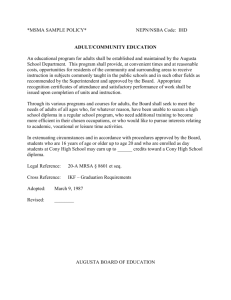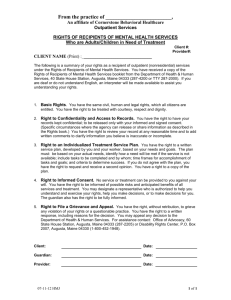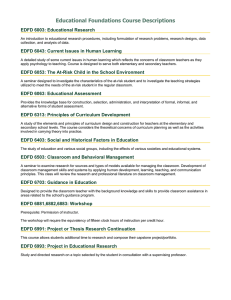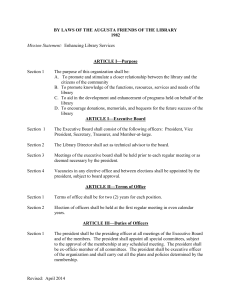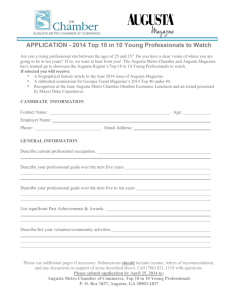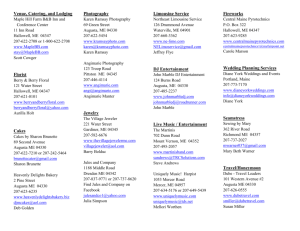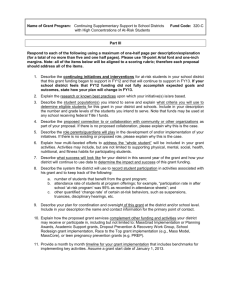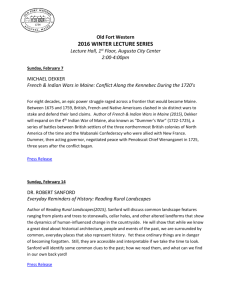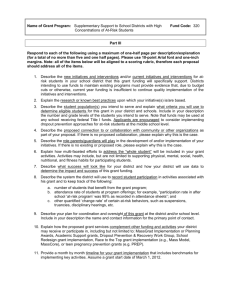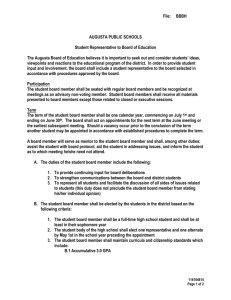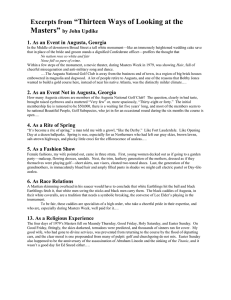Code: IHBH Alternative Education Programs The Board recognizes
advertisement
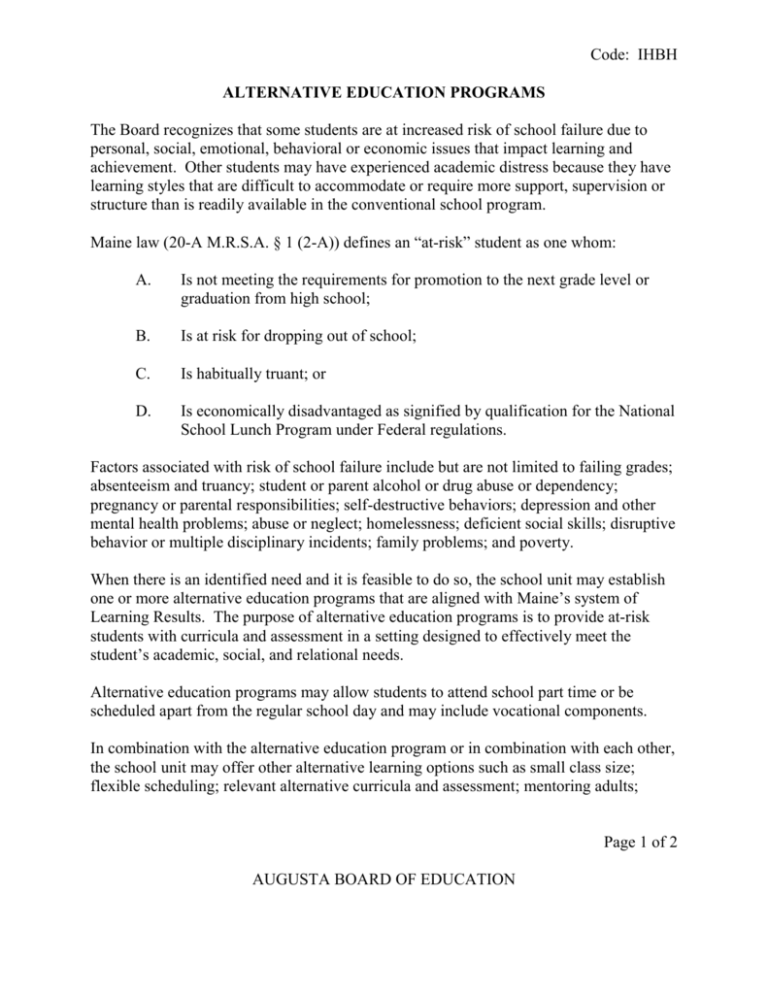
Code: IHBH ALTERNATIVE EDUCATION PROGRAMS The Board recognizes that some students are at increased risk of school failure due to personal, social, emotional, behavioral or economic issues that impact learning and achievement. Other students may have experienced academic distress because they have learning styles that are difficult to accommodate or require more support, supervision or structure than is readily available in the conventional school program. Maine law (20-A M.R.S.A. § 1 (2-A)) defines an “at-risk” student as one whom: A. Is not meeting the requirements for promotion to the next grade level or graduation from high school; B. Is at risk for dropping out of school; C. Is habitually truant; or D. Is economically disadvantaged as signified by qualification for the National School Lunch Program under Federal regulations. Factors associated with risk of school failure include but are not limited to failing grades; absenteeism and truancy; student or parent alcohol or drug abuse or dependency; pregnancy or parental responsibilities; self-destructive behaviors; depression and other mental health problems; abuse or neglect; homelessness; deficient social skills; disruptive behavior or multiple disciplinary incidents; family problems; and poverty. When there is an identified need and it is feasible to do so, the school unit may establish one or more alternative education programs that are aligned with Maine’s system of Learning Results. The purpose of alternative education programs is to provide at-risk students with curricula and assessment in a setting designed to effectively meet the student’s academic, social, and relational needs. Alternative education programs may allow students to attend school part time or be scheduled apart from the regular school day and may include vocational components. In combination with the alternative education program or in combination with each other, the school unit may offer other alternative learning options such as small class size; flexible scheduling; relevant alternative curricula and assessment; mentoring adults; Page 1 of 2 AUGUSTA BOARD OF EDUCATION NEPN/NSBA Code: IHBH skilled teachers; a focus on social, emotional and relationship skills; collaboration among home, school and social service agencies; and any other measures designed to accommodate the needs of at-risk students. The objective of alternative learning, including the school unit’s alternative education program, is to assist students in completing their high school education, move into another educational setting, prepare for successful employment, and/or acquire life skills. The alternative education program is not a substitute for or an alternative to special education services. A student who is identified by the IEP team as having a disability and being in need of special education services will be provided services within the alternative education program as specified in his/her IEP. If the superintendent approves, an Augusta School Department student may be enrolled in an alternative education program in another school unit or in an approved private alternative program. Legal Reference: 20-A M.R.S.A. §§ 1; 4729; 5001-A; 5051-A; 5104-A Cross Reference: JEA – Compulsory Attendance JFC – Dropout Prevention/Student Withdrawal from School Adopted: _______ Page 2 of 2 AUGUSTA BOARD OF EDUCATION
